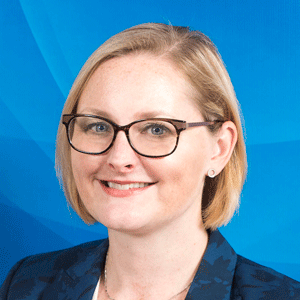
Siân Bevan, PhD
Chief Science Officer, Arthritis Society
More than six million Canadians have arthritis, and many may be living in unnecessary pain because they didn’t get help soon enough. Here’s what you need to know about the condition:
1. Arthritis is serious
Arthritis causes swelling, stiffness, and irreversible joint damage that can permanently impact your mobility. Inflammation can also affect your internal organs, your eyesight, and can contribute to premature death or life-threatening diseases. Arthritis takes a toll on careers, relationships, and families — and it’s with you for life.
2. Arthritis can affect anyone
Arthritis can strike people of any age, from any walk of life — even infants. That means anyone you know can develop arthritis — including yourself.
3. Early diagnosis is important
There’s no cure for arthritis yet, but with the right treatment and lifestyle choices you can slow its progress and maintain your quality of life. Delaying its diagnosis carries the risk of permanent joint damage.
Find out if you’re affected
If you have recurring symptoms such as pain and stiffness in your joints or fatigue, take the Arthritis Society’s Symptom Checker questionnaire online and speak to your doctor about your results.
Dr. Siân Bevan is the Arthritis Society’s Chief Science Officer responsible for driving the scientific research, advocacy, public policy and programs and services agenda to maximize reach and impact. Siân completed her PhD in Medical Biophysics at the University of Toronto, after her undergraduate studies in Biochemistry at McGill University.
Before joining the Arthritis Society, she held progressively senior roles at the Canadian Cancer Society where she was most recently the Vice-President of Research, providing scientific leadership and financial stewardship for the Cancer Society’s $40 million research program. In this role, Siân worked closely with the research community, promoted evidence-based public policy, program and information development, oversaw cancer surveillance efforts, identified and leveraged partnerships with medical, scientific and academic communities and worked closely with revenue development and communications teams. Before joining the Cancer Society she led the research programs team at the Ontario Genomics Institute working with the scientific community, federal and provincial research funders, academic institutions and hospitals to cultivate large scale genomics projects.



